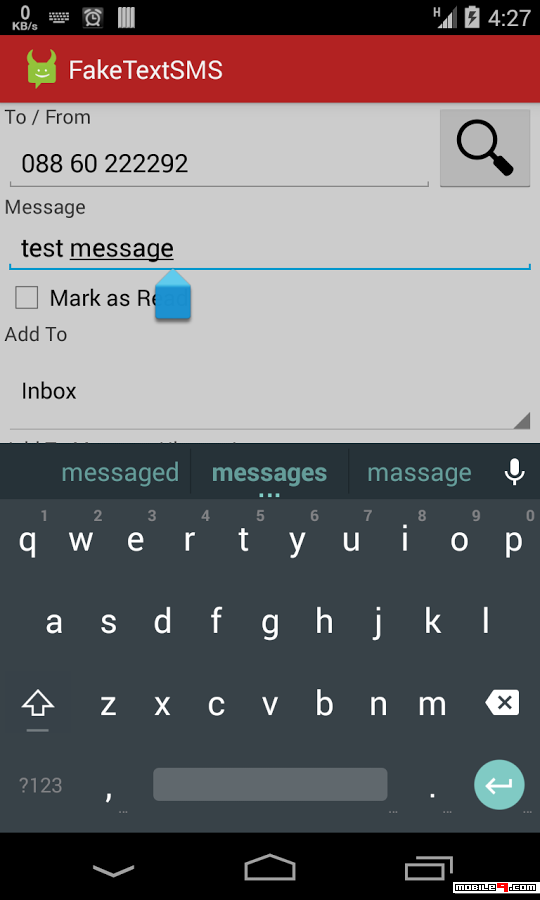

In a full registration regime, we are proposing the following:

This further safeguards SMS as a communication channel. All other non-registered Sender IDs will be blocked as a default. Therefore, only registered Sender IDs will be allowed. To build stronger scam prevention capabilities, we intend to make SSIR registration a requirement for organisations that use Sender IDs (i.e., a full registration regime). The public however may still be subject to spoofed SMS, using non-registered Sender IDs (e.g., from organisations that choose not to register, or IDs that do not belong to any organisation). While the SSIR has had an impact on reducing the number of SMS scam cases reported, it currently remains a voluntary system, i.e., for organisations who choose to register and protect their Sender IDs. Compared to the three months before, the number of SMS scam cases reported has since declined threefold since the SSIR’s launch. Since its launch, over 120 public and private sector organisations have joined the SSIR. SMS that spoofed/made use of registered IDs on the SSIR, were therefore blocked upfront, reducing the risk of online scams in Singapore.

However, with the surge in scams using SMS, IMDA accelerated the setting up of the Singapore SMS Sender ID Registry (SSIR) in March this year. There is a need to build multiple layers of defence and IMDA is proposing new measures to further safeguard SMS as a communications channel.Ī pilot SMS Sender ID Registry was first initiated in Aug 2021. The Infocomm Media Development Authority (IMDA) has been working with the Singapore Police Force, Government agencies, and Private Sector partners as part of the multi-pronged fight against online scams in Singapore.


 0 kommentar(er)
0 kommentar(er)
